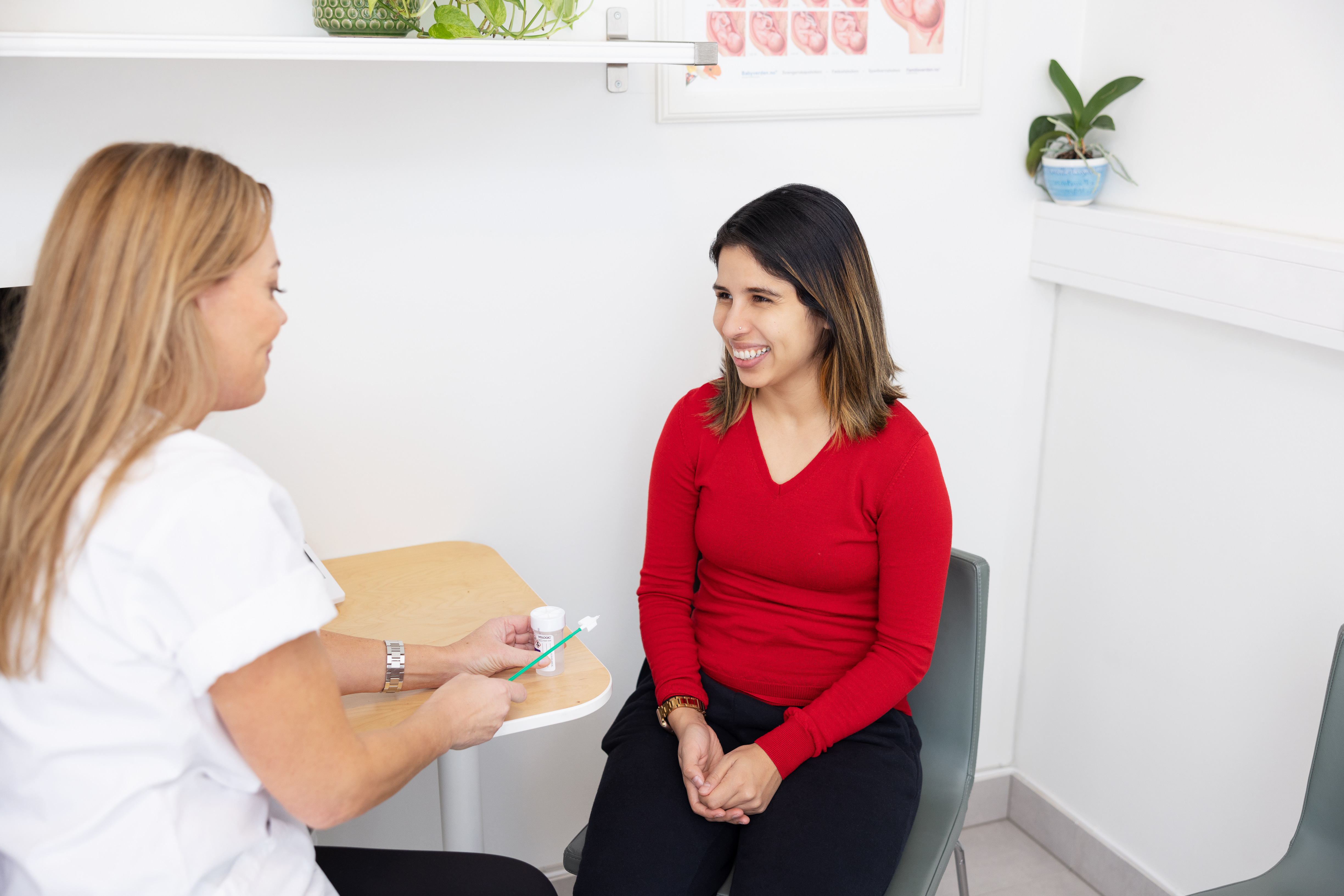
Cervical Screening Information
Every three years, women aged 25 to 69 are invited to undergo cervical screening to detect precancerous changes.
The national cervical cancer screening program is administered by the Cancer Registry of Norway (in accordance with the Cancer Registry Regulations). The main goal of the program is to reduce the incidence and mortality of cervical cancer.
In 1992, the Cancer Registry began national registration of all cervical screening samples. By 1995, the program was expanded to cover all women aged 25–69. The screening program is a collaboration between health authorities, pathology departments, sample takers (doctors/midwives), and the Cancer Registry.
Starting in 2023, women aged 25–69 are primarily tested for HPV instead of examining cervical cells under a microscope. This change took effect on January 1, 2023, for women aged 30–33 and on July 1, 2023, for women aged 25–29. The transition has already been implemented for women aged 34–69.
At Oslo Midwife and Ultrasound Clinic, you can have a cervical screening test. Book an appointment here.
We provide prompt test results via Digipost.
Important Information About Cervical Screening
It is essential to follow the recommendations given in your cervical screening results. If, for example, you are advised to take a new test in three years, you should wait until that time. If the test is taken too early, the laboratory will not analyze it, and the result will state:
"Sample not examined. This screening was performed too early according to the recommendation from the previous test. We ask that the specified time intervals be followed, as overly frequent screenings may lead to premature or unnecessary biopsies."
It is the patient’s responsibility to schedule an appointment at the correct interval. We do not offer refunds if a cervical screening is performed too early based on previous recommendations.
Unsure about when to take your next test? Feel free to contact us, and we will be happy to assist you!

About cervical cancer
Cervical cancer affects just under 300 women in Norway each year. The cause of cervical cancer is human papillomavirus (HPV). This virus is very common and is transmitted through mucosal contact, most often sexually.
Infection with HPV usually goes away on its own, but in some cases, it can lead to cancer of the cervix, genitals, anal canal, pharynx, throat, oral cavity and neck.
Cervical cancer is the most common of these cancers. There are over 120 different types of HPV, but only 14-15 of the virus types are known to be carcinogenic. Two other types of the HPV virus can cause genital warts but are not carcinogenic. By providing information about HPV, infection and cancer development can be reduced by gaining knowledge about how we can protect ourselves. Cervical cancer can be prevented to some extent by vaccination and screening.
Source: www.helsedirektoratet.no
SOI – Sexually transmitted diseases
Sexually transmitted infections (STIs) as well as other genital and urinary tract infections can cause health damage and discomfort to the infected person. Most of the sexually transmitted infections are easy to detect and can be easily treated.
Others can be difficult to detect and cause a chronic condition for the person affected. If infections are detected at an early stage, it will be easier to treat those that can be treated. This in turn will help prevent a sequelae of infections while contributing to good health for those with chronic infections.
From a societal perspective, the efforts made in this area will make a positive contribution to combating sexually transmitted infections (STIs) in society.
The samples we take here are chlamydia, mycoplasma, gonorrhea, and trichomonas. The woman must be in a gynecological chair and a speculum must be placed vaginally for the samples to be taken.
We are careful and gentle. Common to these infectious diseases and most others is that they are transmitted through unprotected intercourse. With us at Oslo Midwife and Ultrasound Clinic, you can get tested for the various sexually transmitted diseases.
Source: Metodebok sex & samfunn
.jpg?width=200&height=117&name=OJUK%20logo_m%20bindestrek%20(002).jpg)